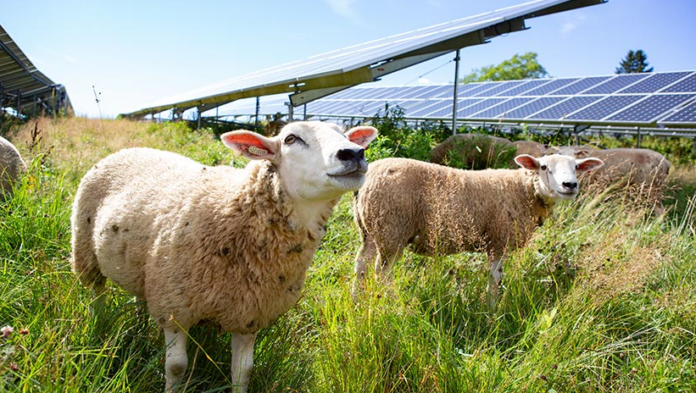
More than 200 science faculty at 36 colleges and universities across Iowa signed the 13th annual Iowa Climate Statement on Tuesday, urging the state to harness solar energy to mitigate the effects of climate change and boost the state’s economy.
This summer, Iowa endured record-high temperatures and dangerous air quality from wildfires.
“With climate-related heat and damage both across Iowa and nationwide this summer, the need to phase out fossil fuels is clear,” said Gene Takle, emeritus professor of agronomy at Iowa State University. “Avoiding the future costs of climate change means accelerating our path to carbon-free energy production.”
Clean leader
Solar power is a means to produce a carbon-free economy, complement existing renewable energy technologies such as wind, and strengthen Iowa’s position as a clean-energy leader, according to the climate statement.
“For several years, we have been lauding the progress of Iowa in advancing renewable wind energy,” said Jerry Schnoor, co-director of the UI Center for Global and Regional Environmental Research. “The missing piece has been solar energy and the beautiful fit that it makes with wind for a resilient sustainable energy infrastructure.”
The statement also said that in addition to being an alternative to fossil fuels, solar technology takes up less land space than ethanol and is compatible with other land uses, including “agrivoltaics” – a combination of agriculture and solar on the same land – as well as existing infrastructure, such as rooftops and parking lots.
Affordability
Technological advances have made solar energy more affordable than previous years, making it accessible to individuals while boosting the economy by providing skilled, local construction jobs.
“The price of solar panels has fallen to just a tenth of what they cost 20 years ago,” said Dave Courard-Hauri, professor of environmental science and sustainability at Drake University. “The cost of new solar energy is often below the cost of energy from existing fossil-fuel plants.”
Policy initiatives, such as expanded tax credits and new funding opportunities, are advancing to help make solar a cost-efficient alternative for Iowa homes.
“With federal subsidies to speed the transition, there has never been a better time for people and utilities to invest in solar,” said Courard-Hauri.




